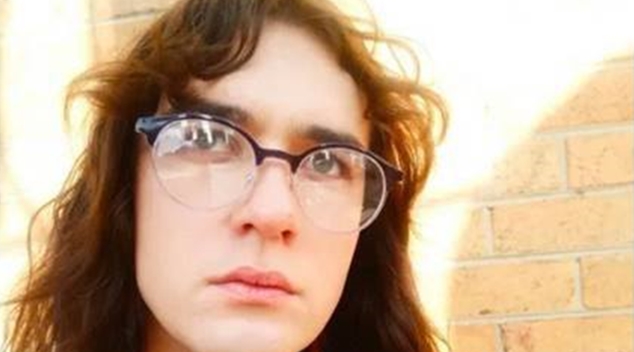
Victorian police have been criticised by LGBTIQA+ rights activists over their approach in searching for Melbourne woman Bridget Flack who went missing in 2020.
Warning: This story has details of suicide which might be distressing to some readers. For 24-hour crisis support and suicide prevention call Lifeline on 13 11 14. For Australia-wide LGBTQI peer support call QLife on 1800 184 527 or webchat.
Flack’s body was found in December 2020 eleven days after her family had reported her missing. It is suspected that she had taken her own life. She was located by participants in a community led search.
Hundreds of members of the local community physically joined the search for Flack, while thousands signed up to Facebook group dedicated to finding her.
This week the Victorian Coroner’s Court looked into the death of Flack and four other transgender women. All five are believed to have taken their own lives in 2020 or 2021.
Coroner Ingrid Giles heard testimony from police, health experts, LGBTIQA+ advocates and family members of the deceased about the difficultly the transgender women faced in accessing mental health support and healthcare.
Bridget Flack had received a doctor’s referral for a mental health hospital admission and had spent weeks leading up to her death trying to secure a place at a suitable facility. Having had a negative experience in the public hospital system previously, she focused her seatch on the private sector.
On the 30th of November 2020 she told a friend she was going for a walk; she did not return.
While thousands of community members joined the search for Bridget Flack it was not formally supported by the police, and Flack’s sister Angela Pucci Love struggled to communicate with police early in their investigation.
Pucci Love told the court that she did not believe police were biased because of her sister being transgender but had failed to appreciate how vulnerable she was.
An internal police review found that police had not acted with bias, but in court Deputy Commissioner Neil Paterson agreed that police could have been more involved, and it would have avoided community members being the ones who discovered Flack’s body.
“I think that there are ways that the ground search for Ms Flack could have been managed a lot better that should not have led to members of community finding her deceased,” the ABC reported.
There were also concerns raised about whether police had accessed accurate phone triangulation data of Flack’s mobile phone, which would have likely led to her body being located much sooner.
Joe Ball, the CEO of LGBTIQA+ focused helpline Switchboard Victoria, said the failure of police to take action in this area was potentially a miscarriage of justice.
“They either didn’t do it, or didn’t use it,” Ball said. “I think there’s a terrible miscarriage of justice there.”
The court also heard that the ongoing challenges that transgender and gender diverse people face in accessing suitable health care may have also been a significant factor across the cases being examined.
Carolyn Gillespie, the director of services at Thorne Harbour Health told the inquest that in April 2022 the health service was temporarily forced to stop taking on new clients due to the level of demand for their services.
Gilespie said it was not unusual for the service to have a waitlist of up to 175 people, and client could wait for up to two years before being able to receive care. The health expert said more work needed to be done to ensure that a wider range of medical professionals were able to undertake effective care of clients who are transgender.
The court also head from Professor Jeffrey Zajac who heads Austin Health’s endocrinilogy clinic. Professor Zajac said some endocrinologists felt they did not have enough training to treat people who are transgender.
Coroner Ingrid Giles will access all of the evidence presented during the hearings and deliver her recommendations in the coming months.
Graeme Watson
Do you need some support?
If you are struggling with anxiety or depression, support and counselling are available from:
QLife: 1800 184 527 / qlife.org.au (Webchat 3pm – midnight)
QLife are a counselling and referral service for LGBTQIA+ people.
DISCHARGED: info@discharged.asn.au / discharged.asn.au
Discharged is a trans-led support service with peer support groups for trans and gender diverse folks.
Lifeline: 13 11 14 / lifeline.org.au
Beyondblue: 1300 22 4636 / www.beyondblue.org.au
You can support our work by subscribing to our Patreon
or contributing to our GoFundMe campaign.






